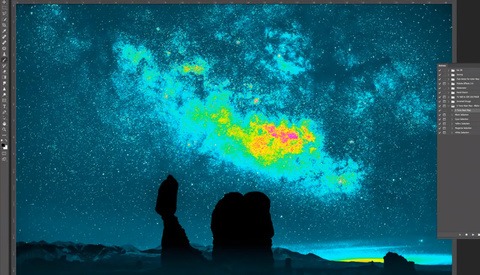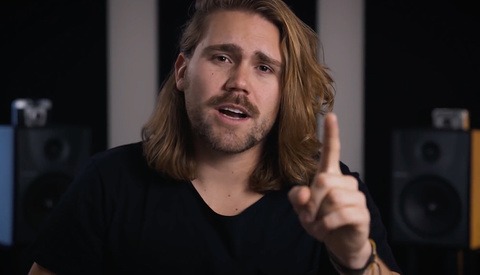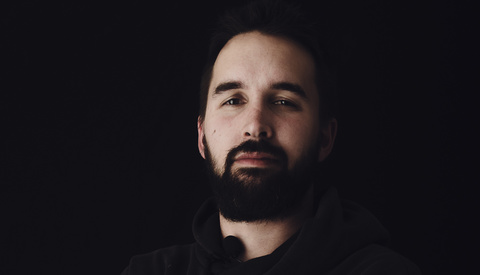A Quick Tutorial on How to Use the Pen Tool in Photoshop
Of all the tools and features in Photoshop, perhaps none strike more fear into the heart of the unsuspecting photographer than the Pen Tool. If you're one of those people, this great tutorial will show you both how the Pen Tool behaves and how to put those rules to use in practice.

















































